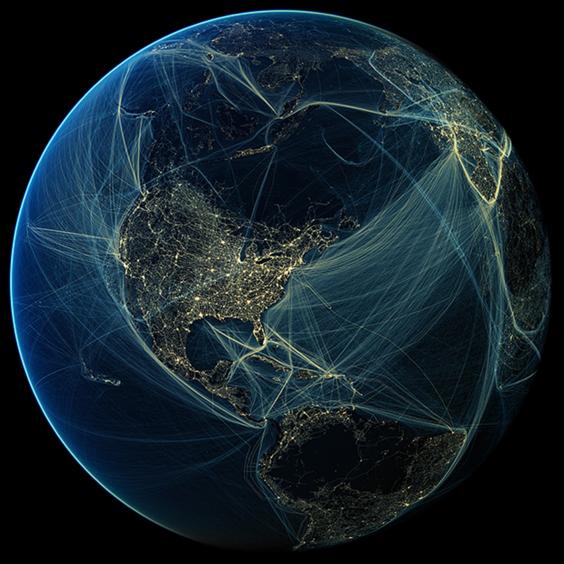Life uh...Finds a Way...
Is it okay to include two movies in one post? Because that's what we're doing here. The Jurassic Park series is one of the most well-known movie franchises in the world. The original film is widely touted as a classic, and the recent reboot, 2015's Jurassic World, grossed 1.67 billion dollars. You'll forgiving me for assuming that you all know the story, but here's a brief overview of the plot of Jurassic Park (and subsequently World as well, but we'll get to that).
Scientists discover a way to bring dinosaurs back to life by replicating the DNA found inside of an ancient piece of amber. They set up a large facility on a tropical island to clone the dinosaurs, and establish it as a park for visitors to come and see. What could go wrong?
Well, as it turns out, everything can go wrong. That's Murphy's Law, I suppose. When the electric fences go down, the dinosaurs wreak havoc on the defenseless guests.
Jeff Goldblum's character, Ian Malcolm, has a few words to say on the inevitable failure of the park. In the video to the right, he explains his work with chaos theory. Ultimately, he says, that nothing can be predicted, and tiny variations throughout the environment can create different outcomes, despite our predictions.
He has much the same to say in the video at the beginning of this post (while it would have been more appropriate to put in the middle here, the title opportunity was too good to pass up). The scientists claim that the park is completely safe, because they've genetically altered every dinosaur to be female. Malcolm claims the contrary, that just because they've made these alterations, does not mean that they are permanent. He says that eventually, their technique will stop working, or the dinosaurs will correct themselves, and then everything will go South, and quickly.
Unfortunately for Dr. Malcolm, his suspicions are confirmed when the dinosaurs begin to run amok. Tiny variations allowed for park security to fail and for lives to be at risk.
I find that Jurassic Park is raising similar questions to GATTACA, as far as the Anthropocene is concerned. Which you wouldn't expect considering the difference in tone between the two movies. Both raise the technology of genetic engineering, and Jurassic Park introduces just a dash of cloning as well. Though not human cloning, like Never Let Me Go, the combinations of technologies in Jurassic Park are not super outlandish.
The miniscule levels of genetic modification the scientists at Jurassic Park perform are not too different to what we've begun to do to ourselves. And the idea of cloning dinosaurs (or other megafauna, such as wooly mammoths or saber-toothed tigers) is one that we've toyed with for sometime. A project for a different time would explore how Jurassic Park inspired these wants and wishes, despite the dangerous outcomes of the story.
Jurassic Park raises an interesting question: Just because we have the ability to do something, does that mean we should do it? Does science obligate us to seeing out the abilities of a technology, no matter the potential cost? We can't predict the future, so is it safe to mess with things beyond our control?
The Anthropocene implies that humans have been thrust into a role of great power over the Earth. But we are not omniscient beings. We have our faults, and our stories tell these faults very well. We cannot predict the future. We often assume too much of our own capabilities, and oftentimes that means that our best intentions come crashing down on our heads.
Jurassic Park's 2015 reboot, Jurassic World, tells much the same tale. It takes the genetic engineering bent of Jurassic Park and cranks the dial to 11. The primary antagonist (if that's how you'd like to refer to it) is the Indominous Rex, a human created breed of dinosaur with all the biggest, baddest, best parts of every cool dinosaur you saw in an illustrated encyclopedia. Much like the movie that started it all, human desire to create an amazing attraction and make tons of money backfired spectacularly.
The Jurassic movies make us wonder if we can trust ourselves with the science behind these creations. If it were possible, should we bring back dinosaurs? Movies are telling me not to do it, but it's making it hard to believe that we'd fare much better in the real world than the characters in these movies.
The Anthropocene is all about changing the world around us. And that means reviving long dead portions of it too. The dinosaurs in Jurassic Park and World are human creations that change the world in unforeseen ways. These stories are telling me that humans are not capable of controlling these kinds of creations.

No comments:
Post a Comment